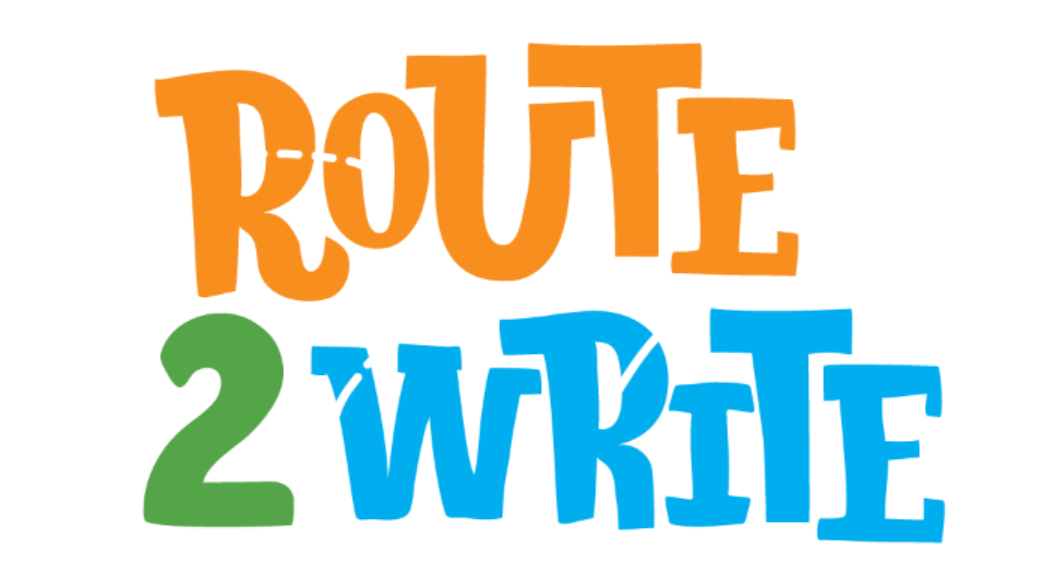Do Homeschool Families Need an IEP?
Nov 3
/
Route2Write
Do Homeschool Families Need an IEP?
If you’re homeschooling a child with unique learning needs, you might wonder whether an Individualized Education Plan (IEP) is required, or even possible, outside of a traditional school setting. The short answer is no, homeschool families don’t necessarily need an IEP, but they can absolutely benefit from having a plan that serves a similar purpose.
Let’s explore what that means for homeschoolers across North America.
What Is an IEP?
An IEP (Individualized Education Plan) is a formal document created for students with special learning needs. It outlines specific goals, accommodations or modifications, and the services provided to help a student succeed. In public and private schools, an IEP acts as a collaboration tool between teachers, parents, and specialists to ensure consistent and effective support for the student.
Do Homeschool Families Need One?
If your child is officially homeschooled (not enrolled in a public or private school program), you are not required to have a formal IEP. The public-school IEP process is designed to operate within a school system, linking classroom instruction, specialists, and district resources.
However, homeschool families often choose to create a personalized education plan that mirrors the IEP structure. Having a written plan helps parents set clear goals, document progress, and ensure that learning is tailored to their child’s specific strengths and challenges.
What if My Child Already Has an IEP?
If your child previously attended public school and had an IEP, it typically does not transfer automatically once you begin homeschooling. In some regions, you may still be able to access special education services through your local school district — but policies vary by state and district.
It’s a good idea to contact your local education authority or district office to ask what supports, if any, are available to homeschooled students. Some areas provide limited access to speech therapy, occupational therapy, or academic assessments, while others do not.
Creating a Home-Based Learning Plan
Even without a formal IEP, homeschool parents can build a structured, individualized plan that includes the same key components:
✔ Student profile: A summary of current skills, strengths, and areas of need.
✔ Learning goals: Specific, measurable, and achievable objectives (think SMART goals).
✔ Support strategies: The adaptations, resources, or tools you’ll use to help your child succeed.
✔ Progress tracking: How you’ll measure improvement and record accomplishments.
✔ Long-term planning: For older students, this might include preparing for high school, post-secondary studies, or independent living skills.
This can be as simple as a one-page document or a more detailed “Individualized Home Learning Plan” that you update throughout the year.
Accessing Support Services
Homeschool families have several options for finding additional support, depending on where they live:
✔ Work with local school districts: Some allow homeschoolers to access special education evaluations or therapies.
✔ Join a homeschool co-op or umbrella program: Many offer guidance or connections to specialists.
✔ Seek private providers: Speech therapists, occupational therapists, and educational psychologists can often work directly with homeschool families.
✔ Explore funding or grants: Certain programs and scholarships assist students with special learning needs, even outside the public system.
One of the biggest advantages of homeschooling is flexibility. You can adapt the pace, environment, and teaching style to your child’s learning profile - something even the best IEPs can struggle to achieve in a classroom setting.
While homeschool families don’t need an official IEP, having a personalized learning plan is one of the best ways to stay intentional and organized. A clear, goal-driven approach, whether you call it an IEP, SEP, or Individualized Home Learning Plan, ensures your child’s needs are understood, supported, and celebrated.
If you’re building your own homeschool plan, consider using tools that help with structure, goal-setting, and progress tracking. Route2Write’s writing and planning resources can support families who want to strengthen their child’s learning journey at home.

We are an online education provider that supports students in achieving their learning goals and developing a passion for lifelong learning.
